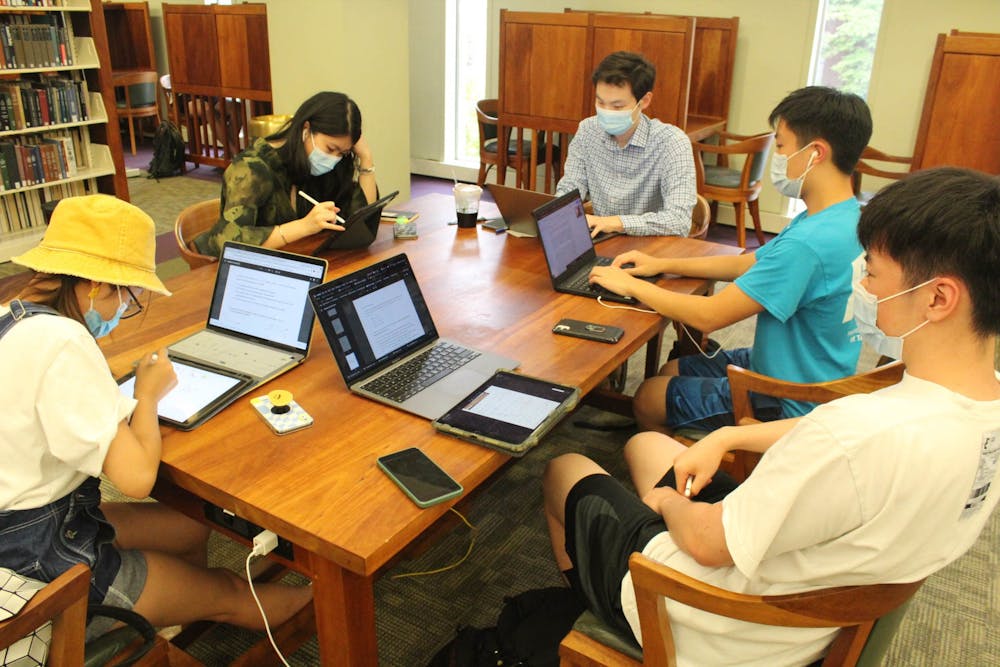On my first day back to in-person learning, my physics professor announced that we’d be using math concepts that we should have already learned to understand advanced physics theories.
I eased back into my chair thinking that this course would be a breeze. I was under the assumption that I possessed all of the knowledge I’d need to be successful in this class. This feeling of relief lasted for about five seconds as I was quickly humbled when the professor flashed a middle school equation on the board.
I recognized it, but couldn’t recall how to solve it.
As a college senior, I'm learning that I owe a portion of my academic success to rote memorization or rote learning — the process of memorizing information through repetition.
In elementary school, I memorized facts about the state of North Carolina that I’d soon forget in middle school. In middle school, I found shortcuts to solving algebraic equations that I wouldn’t retain after End-of-Grade testing. In high school, I could recall that the mitochondria is the powerhouse of the cell just through sheer repetition of that phrase in classes.
In my personal experience, rote memorization is efficient, but ineffective. I don’t believe that relying on repetitious memorization negates intelligence, but it is a mechanism for learners to consume large quantities of information in short periods of time.
One example of this was having to cram loads of information during final exams. I realized that performance-based testing never required me to fully grasp an in-depth understanding of concepts — I was just expected to quickly arrive at the correct answer.
For me, my reliance on memorization peaked during remote learning at the beginning of the pandemic.
I’m ashamed to say it, but it was the easiest way to achieve short-term success during a time when learning was the last thing from my mind. On the other hand, the pressure to out-perform other students at UNC, given the competitive nature here, can often be greater than the desire to learn.



